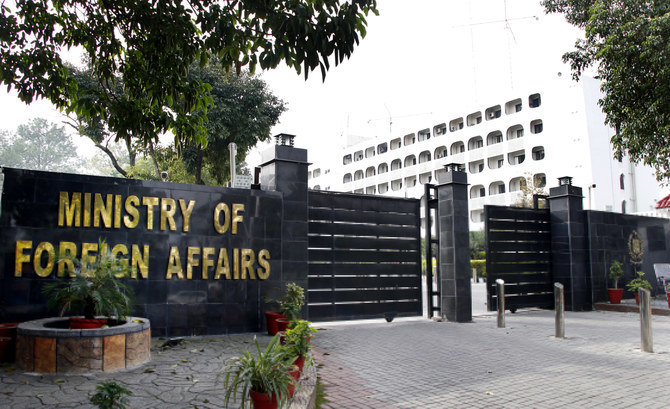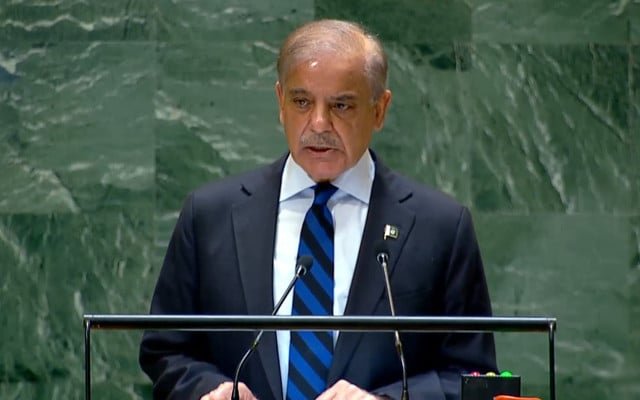Amid concerns over losing major orders and companies relocating abroad, the government is considering exempting Special Technology Zones (STZs) and incubation centers from future internet shutdowns to protect the IT sector from further damage.
The Ministry of Information Technology and Telecommunication is working on a policy proposal that will be presented to the federal cabinet. The proposal suggests providing uninterrupted internet services to these zones, ensuring they are not affected by future shutdowns.
The economic impact of recent internet disruptions, especially with the restriction on virtual private networks (VPNs), has been severe. Short- and medium-term losses are estimated at $420 million, with long-term damages potentially exceeding $1 billion. A 30% decline in order bookings has already been reported due to the ongoing uncertainty and disruptions.
The IT and IT-enabled services (ITeS) sector, which contributes $3.2 billion to the economy, is one of the fastest-growing export sectors in Pakistan. It employs over 600,000 skilled workers and supports 2.37 million freelancers. However, unstable internet connectivity and the uncertainty around VPN use threaten the industry’s very foundation. Reliable internet is essential for the sector to continue exporting services, and disruptions have already damaged investor confidence and reduced Pakistan’s global standing.
Reports from FIDE estimate that Pakistan loses approximately Rs. 1.3 billion per day due to internet disruptions, with a further loss of $1 million for every hour of internet outage. The lack of clear internet policy and the restrictions on VPNs have resulted in an estimated loss of $420 million, including a direct loss of $320 million from reduced IT export efficiency, $20 million in compliance costs, and $126 million due to a 30% decline in freelancer productivity.
The government’s efforts to ensure uninterrupted internet access for key technology zones aim to minimize these losses and prevent further harm to the sector’s growth potential, which could reach $15 billion by 2030 with stable policies and infrastructure.















